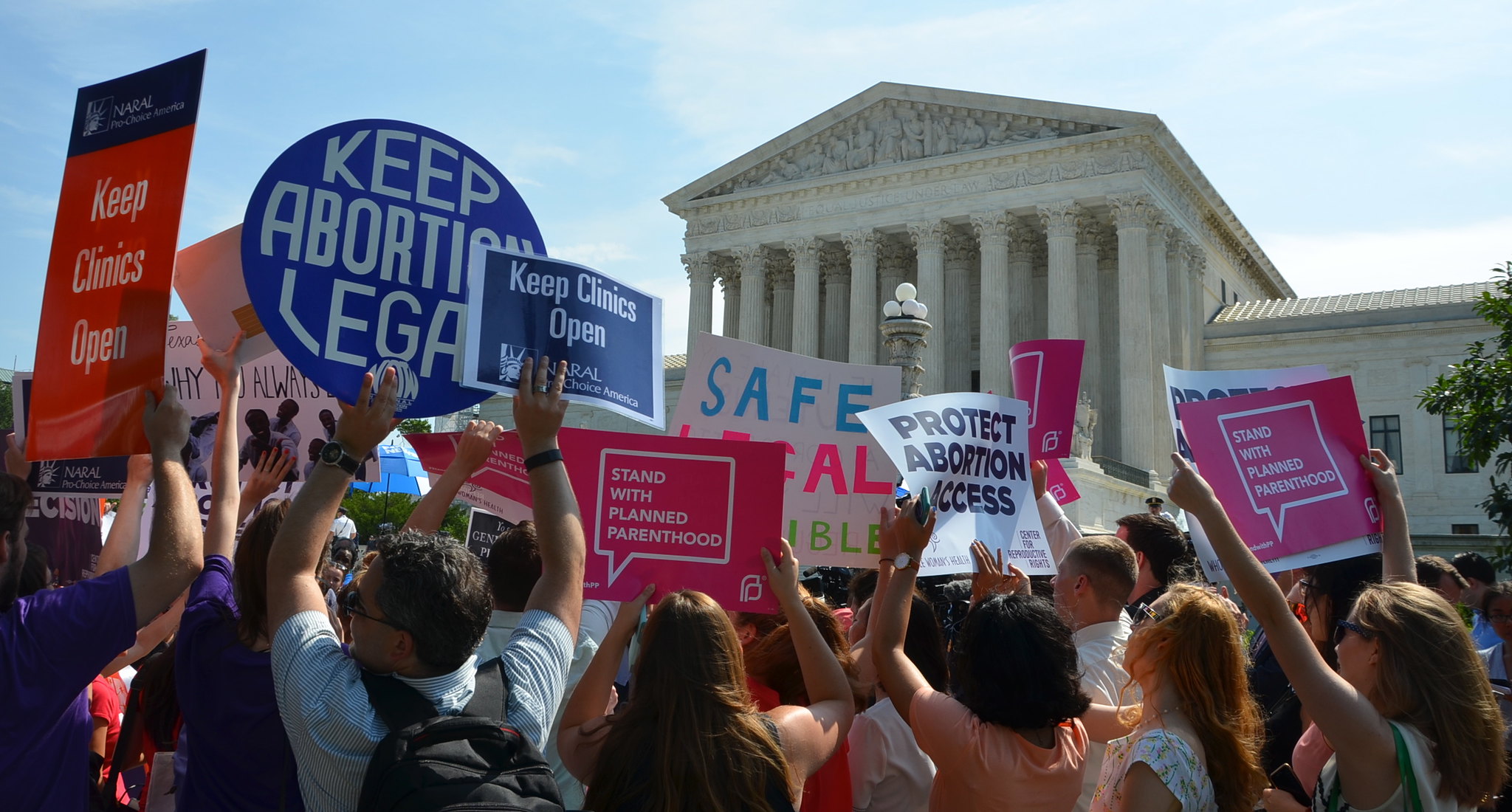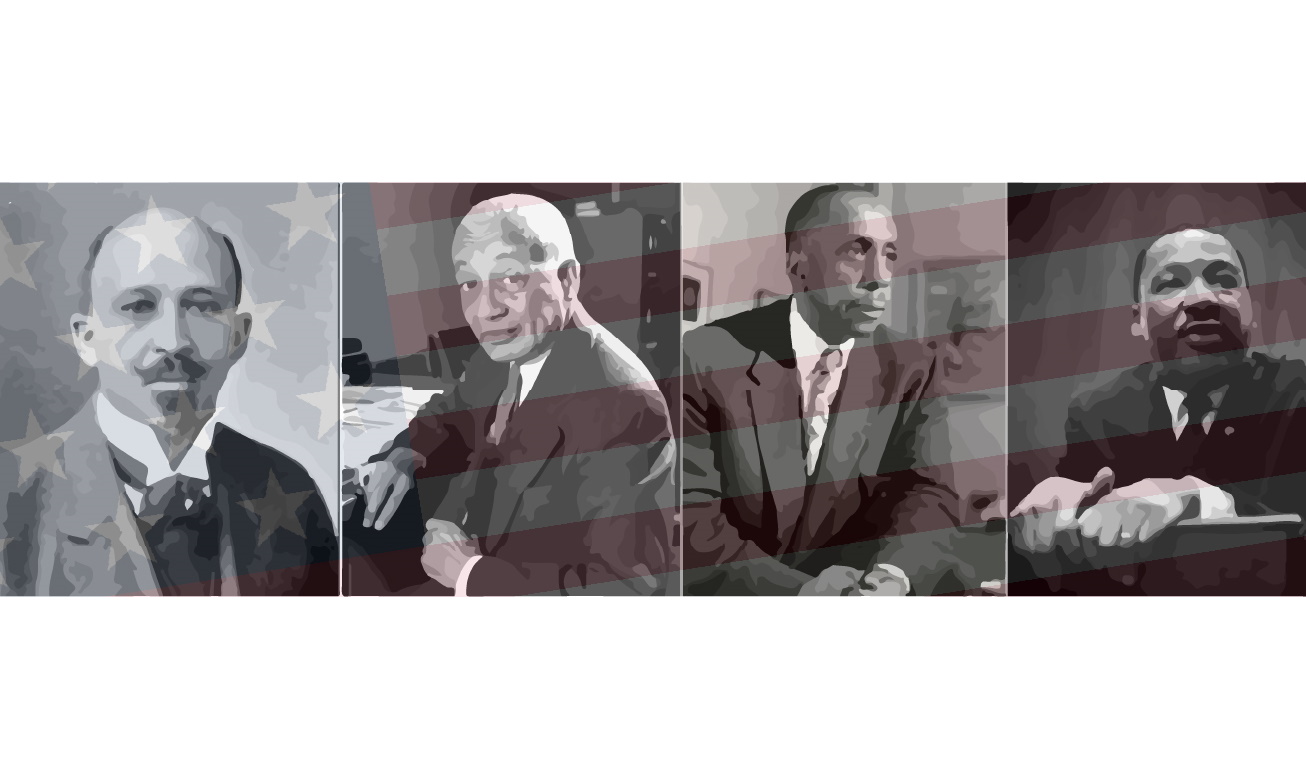SPOTLIGHT
THEORY
Progress and its Implications
How do we determine whether our society is getting better or worse? Have we experienced progress or regress in the last 100 years? 1000 years? Ever? Any claim that something has progressed requires a value judgment. Since progress denotes something good we must have some notion of what is good (or ‘the good’), however vague, in order to defend our claim.
Locke and the Right to (Acquire) Property: On the Philosophical Basis of Progressive Liberalism
Do the rich pay their fair share in taxes? What is a “fair share”? Do governments have the right to tax some in order to provide services for others, or is this just theft? To answer these current political questions we must examine the philosophical underpinnings of liberalism, both in its classical form, as articulated by John Locke, and in its contemporary “progressive" form.
Georgetown and Slavery: Catholic Redemption in Contemporary Political Time
By: Justin R. Harbour, ALM Georgetown University is currently engaged in an attempt to research, understand, and repair its role
PRACTICE
Life is More Binary than Fiction: A Writer Reflects on Political Polarization
We are living in the Fruit Loops vs. Cheerios Political System. Each Fruit Loop represents a position on an issue, and each Cheerio its “opposite.” If you are on Team Fruit Loop, you MUST accept and agree and support all Fruit Loops, likewise with Team Cheerio. This is a binary system. This is bullshit. We would never allow such simple sorting for fictional characters, so why is it being pushed in reality?
Rethinking the Goals of Finance: Lessons from the Amherst Arbitrage
By: John Brodie Gay & Jeremy Kingston Cynamon I. BACKGROUND Financial devices, like all technologies, develop – sometimes intentionally, sometimes
What is “Fascist”? Umberto Eco on Ur-Fascism
"There is in our future a TV or Internet populism, in which the emotional response of a selected group of citizens can be presented and accepted as the Voice of the People." -Umberto Eco












